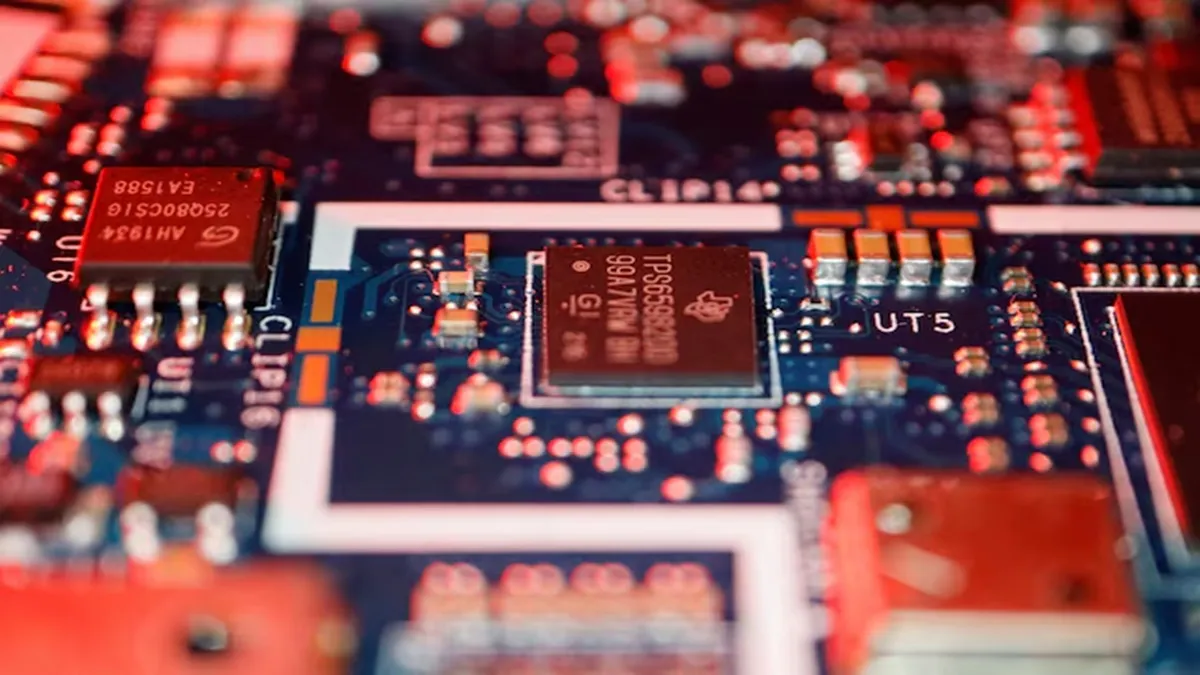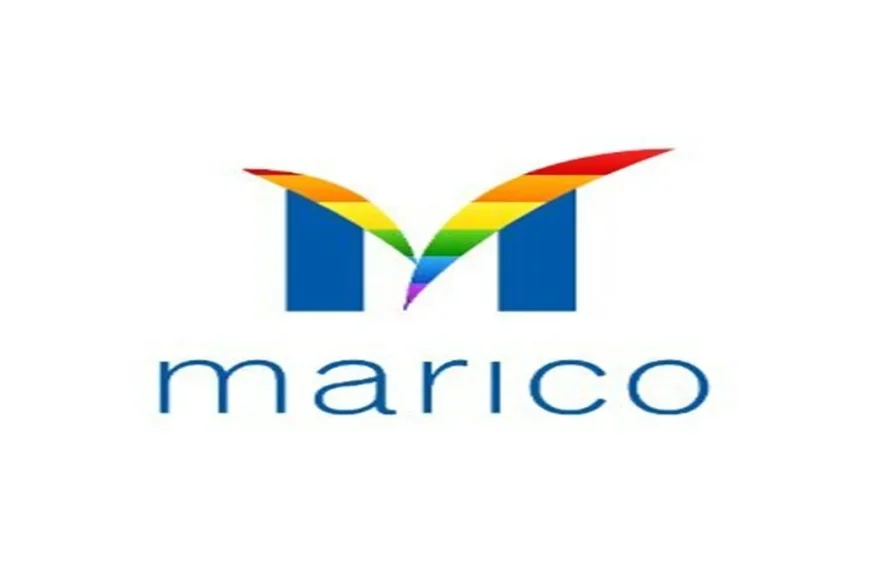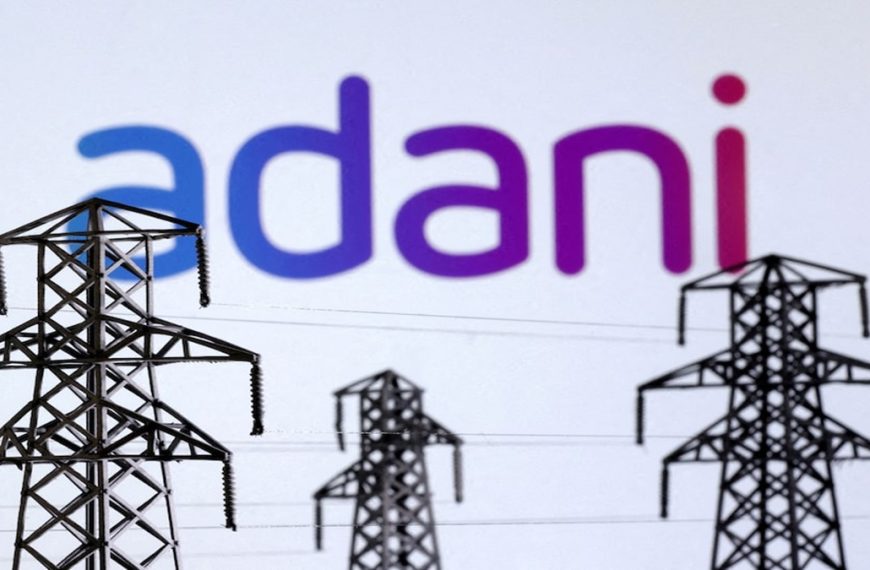Zoho, a prominent player in the tech industry, has paused its ambitious plans to venture into semiconductor chip manufacturing. The company had aimed to invest approximately $700 million in establishing manufacturing facilities but faced challenges in securing the right technology partner, as reported by various news sources. This decision highlights the complexities and hurdles in the rapidly evolving semiconductor landscape.
Reasons Behind the Suspension
In a candid post on X, Sridhar Vembu, the founder of Zoho, explained that entering the semiconductor manufacturing arena requires significant capital and governmental support. He emphasized the necessity of having robust technology capabilities before seeking financial backing from taxpayers.
- Capital-Intensive Industry: The semiconductor sector demands substantial investment.
- Seeking Confidence in Technology: Vembu stressed the need for confidence in their technological approach before proceeding.
The Journey So Far
Zoho announced its intention to enter the semiconductor market in April 2022, creating a dedicated division and assembling a specialized team. The Karnataka government had even granted approval for a manufacturing facility in Mysore, with initial project costs projected at $400 billion.
India’s Semiconductor Ambitions
The Indian government has ambitious plans to bolster its semiconductor manufacturing ecosystem, pledging $15 billion to support this initiative. With a timeline spanning 4-6 years, the government aims to incentivize projects by covering 50 to 70% of costs. In the upcoming 2024-2025 budget, allocations of Rs 6903 crore and Rs 7000 crore have been designated for this cause.
Several major Indian corporations, including Tata, Vedanta, and Adani, are stepping up to invest in semiconductor manufacturing. These companies are at various stages of planning and development, showcasing their commitment to building a robust semiconductor ecosystem in India.
The Importance of Collaboration
The success of India’s semiconductor initiatives hinges on fruitful partnerships between local firms and global giants like Micron, Samsung, and Intel. Collaborative ventures are essential for technology transfer and to navigate the competitive landscape of the semiconductor industry.
Challenges Ahead
Zoho’s decision to halt its semiconductor plans raises concerns about the industry’s growth trajectory in India. Similarly, Adani Group’s joint venture with Israeli firm Tower Semiconductor is also facing delays. Key challenges for the Indian semiconductor sector include:
- Heavy Investment Requirements
- Complex Joint Ventures
- Technology Transfer Issues
- Intense International Competition
- Market Outlook Variability
While Zoho’s current setback is a noteworthy development, it underscores the critical need for strategic planning and solid partnerships as India strives to establish itself as a key player in the global semiconductor market.
For more insights on India’s semiconductor ambitions, you can explore this article detailing government initiatives, or check out this external resource discussing global semiconductor trends.











